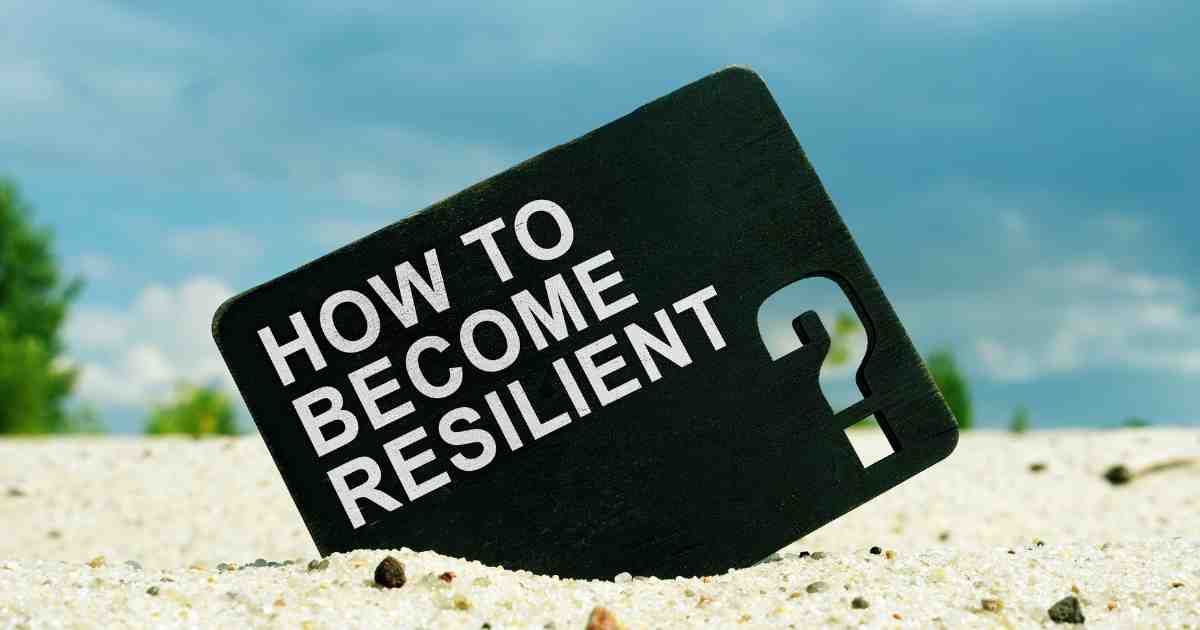
Businesses have many challenges they have to face. From keeping up with changing markets to new regulations, the business world is tough. For small to medium-sized enterprises (SMEs), it’s vital to build businesses that are both resilient and can survive the test of time. This is why building business resilience is important.
Business resilience is used to define an organisation’s ability to respond to sudden disruptions that pose a threat to its operations, brand or reputation. In short, business resilience positions a company to prepare for anything.
Although most people know business resilience as a more IT-focused task, it has evolved to include all parts of the business. Business resiliency is even more important to SMEs who are at bigger risk lately for cyber attacks.
This article looks at all aspects of business resilience and how to future-proof your SME.
Resilience versus Continuity versus Risk Management
Resilience, continuity and risk management work together to protect businesses from disruptions. Resilience is all about dealing with issues by adapting to new or changing conditions.
Business continuity is about ensuring that you prevent or minimise the impact of adversity on your normal state of operations. On the other hand, risk management is about finding, assessing and controlling threats to your state of operations.
When running a business, always consider risk management as your starting point. This will help you identify potential risks and create controls to manage them. Next, you must complement your risk management with business continuity to ensure your contingency plans are ready to go.
Lastly, business continuity needs to go hand-in-hand with business resilience management. This enables your company to adopt any alternative methods you have in place in case of any issues. This allows your business to continue with normal operations despite any issues.
Considerations for Your Business Resiliency Plan
Being adaptable is a significant measure of success for many businesses. Before you draw up your resiliency plan, take the following into consideration.
Business Recovery Risks
Risks in business can range from supply chain operations and property damage to loss of critical staff. You need to ensure you have the right plans in place to deal with any issues that can affect your daily operations.
Think of the following questions:
- How will your business ensure continued availability?
- How will you ensure continued access to applications and data for customers?
- What strategies should be implemented?
- What resources do you need to align?
Employee Safety
Consider if your business can track the health, safety and availability of both remote and in-office workers in the event of a disaster or major issue/disruption. With employee safety, you have to think about what will also happen after a disruptive workplace event.
Take the following questions into consideration:
- What safety policies are in place for employees?
- How should safety policies be communicated to employees?
- What training is needed by the employees?
- How will you promote employee safety after a disruptive event?
Your employees are very important. It’s vital that your resiliency plan considers them at all times.
Financial Loss Relief
The longer your business cannot operate normally, the greater the risk of financial loss. To ease this risk, your business resilience plan should consider what systems, processes and people are vital to operations. After that, you can outline steps for restoring their functionality as soon as possible.
Other things to consider:
- How can you protect your brand reputation?
- How can you optimise decision-making during a crisis?
- How can you maintain service to customers and partners after a disruption?
- How do you adapt your business to changing trends and expectations?
The above are just some considerations you need to keep in mind when developing your business resilience plan. Next, we look at how you can create a resilience plan.
How to Build Business Resilience
Below are a few strategies you can implement to ensure your business stays resilient and flexible.
1. Introduce and Build Redundancy
Introducing redundancy into your business can significantly reduce the chances of being caught unprepared when a disruption occurs. Redundancy means you stockpile resources and have a plan B for anything and everything.
2. Backup your Data
Backing up your files can help protect any important data and files you have. Leverage cloud technology to ensure your data is secure in case of anything, especially natural disasters. This will help you recover files easily and still be able to sell online.
3. Diversify
When building resiliency, you need to put your ‘eggs’ in different baskets. Diversifying your operations and income streams helps reduce the potential impact of unrest that affects your business.
Another way to do this is to use a range of cloud providers. This allows you to mitigate the risk of any downtime and service outages.
4. Appoint a Risk Management Leader
It’s advisable to have one person in charge of decision-making when a disaster occurs. This person will be in charge of monitoring potential threats and developing various plans to deal with these threats.
5. Prepare for the Future of Work
Being resilient in business means being able to be flexible and adapting to change. This means you need to transform the culture of the business, physical workplace and workflows by investing in collaboration tools and technology.
Using the above tips can help you develop a plan that is able to mitigate potential threats and survive any disruptive events. The world is constantly changing and that means your business needs to do so as well to ensure it’s resilient and built for the future.
For more information on how to manage risk in your business, read our article. Remember to get your tickets for the 2025 SME SA Funding Summit today!





